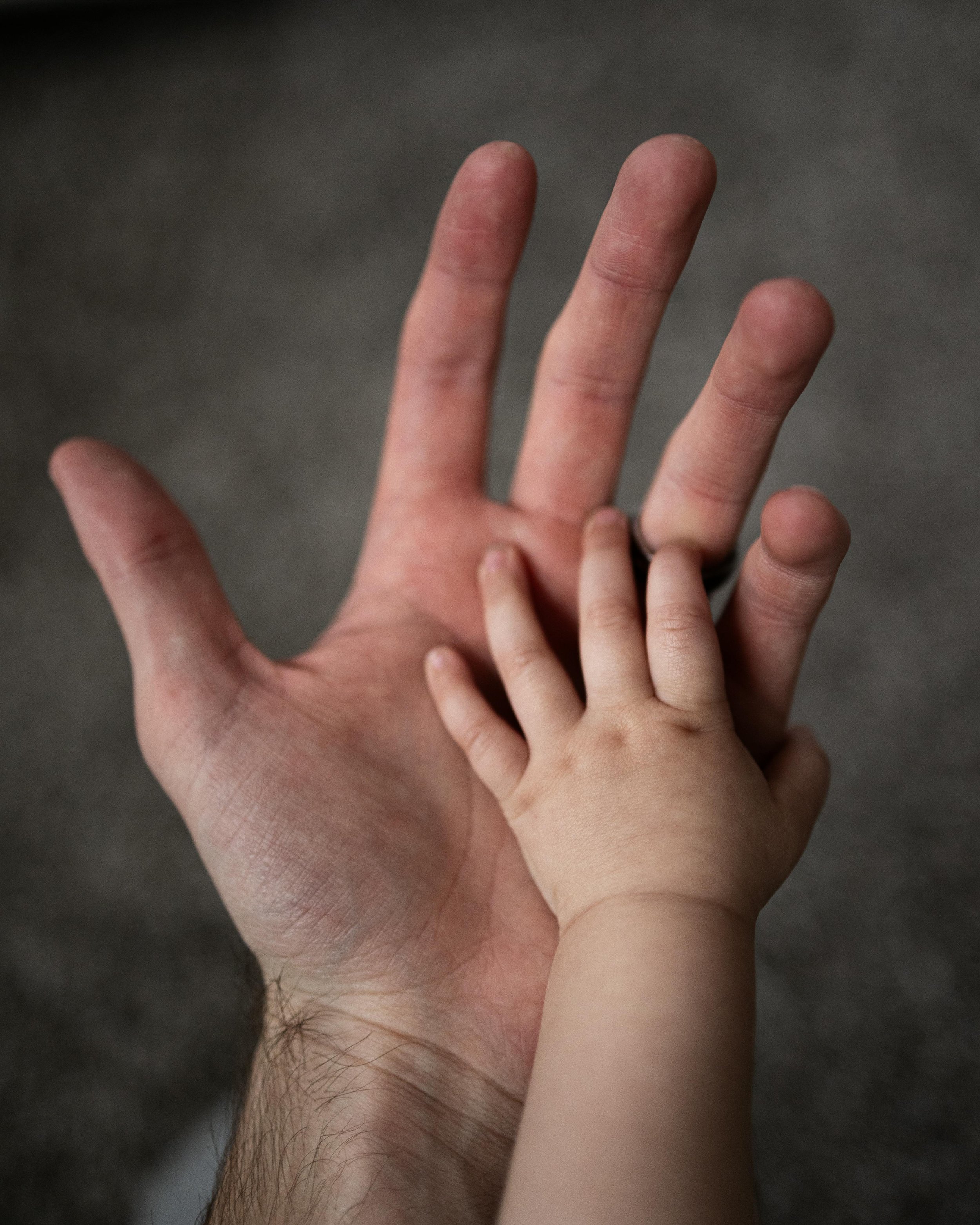Respectful Caregiving Is A Moral Imperative
Respecting infants is critical to their long-term development and well-being. At this point, the literature is clear that respectful caregiving contributes to infants’ cognitive and emotional development. Infants who are treated with respect and attentiveness tend to exhibit better language skills, social understanding, and emotional regulation. This is because respectful interactions stimulate brain development and provide the positive reinforcement that encourages learning and exploration. For instance, when caregivers narrate their actions or engage in “serve and return” conversations with infants, they are respecting the infant’s capacity to learn and interact. This not only aids in bonding with the caregiver, but it also significantly impacts the infant’s developmental trajectory.
Respecting infants allows their own respect and empathy to grow as they internalize ways of interacting with the world. Infants and children tend to model behaviors, and caregiver behaviors are among the first lessons infants learn about how to treat other people. By experiencing respect from a young age, children are more likely to internalize these values and mirror them in their interactions. This early education in empathy and understanding forms the basis for social skills that are essential throughout life, from building friendships to resolving conflicts and navigating the complex dynamics of human relationships.
But it would be a mistake to say that respectful caregiving is only imperative because of how it will affect long-term development. Rather, respectful caregiving is its own moral imperative. Many people suffer from the misunderstanding that infants are a sort of empty vessel, devoid of their own distinctive personalities, desires, likes, and dislikes. As a consequence, many people draw the wrong conclusion that it kind of doesn’t matter how you treat an infant, because they do not possess a will of their own, and are unlikely to remember their infancy anyway. But the reality is, infants are acutely aware of their surroundings and sensitive to the care they receive from the moment they are born. Whether or not they can verbalize their experiences or contextualize all the things that happen to them, infants are learning to build trust and security in the world from the moment they enter it. And disrespect or injustices, no matter how trivial they may seem to the caregiver, are felt acutely by infants. Of course, respect for an infant must be contextualized. They have different abilities and different needs than adults. Caregivers must be sensitive to these differences and respond accordingly. In this context, for example, respect includes responding to infants’ needs promptly because they cannot respond for themselves, engaging in responsive and reciprocal interactions, and recognizing infants’ cues and abilities to communicate.

